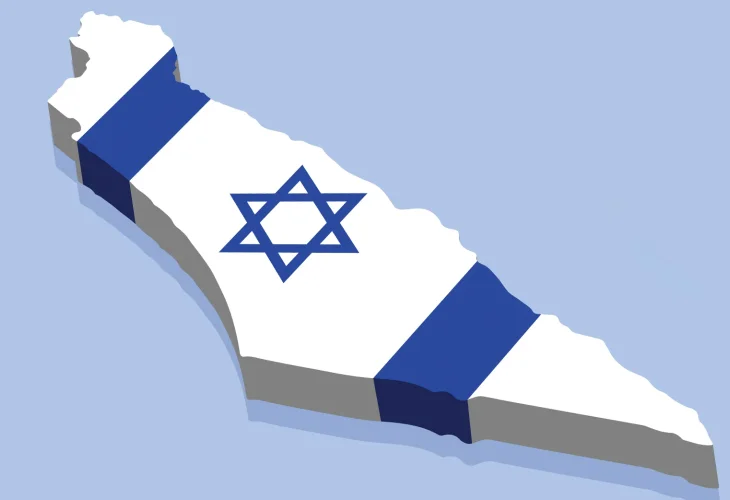Unveiling the Mysterious Gerghashites: A Journey Through Time
While the cities of the Gerghashites are mentioned in the partition of the land, there is a conspicuous absence of their conquest. Why is this?
 (Photo: Shutterstock)
(Photo: Shutterstock)We all know the story of Joshua's conquest of the Land of Israel. We've heard about the incredible miracles experienced by the Israelites during these events, which together with the miracles from the Exodus from Egypt, instilled great fear in many of the Canaanite tribes living there. One of these tribes was the Gibeonites, who tricked Joshua by appearing in rags to make him think they came from a distant land, wanting him to make a covenant and not to wage war against them.
Among the seven nations mentioned in the Bible that inhabited the Land of Canaan were the Gerghashites. The Book of Joshua extensively describes the conquest of regions and cities inhabited by various tribes. However, while other nations are mentioned in these conquests, the Gerghashites are noticeably absent.
Still, when it comes to the division of the land, the cities of the Gerghashites do appear, raising the intriguing question: Why is there no account of their conquest by the Israelites, yet their division is described?
Some Bible scholars suggested there never existed a tribe called Gerghashites, implying that the numerous references were a mistake. Others have proposed it to be a misinterpretation of a Canaanite term, "Ger Gash," a resident in a temple of the god Gash, suggesting that the Jewish people confused terms and thought it was an ancient Canaanite tribe.
According to the Jerusalem Talmud, Joshua gave the tribes three options: to flee and remain free, surrender and pay taxes, or stay and face death. The Gerghashites chose to flee, moving to Africa, the Gibeonites chose to submit, and the rest of the Canaanites opted for the third option.
There are several external biblical references supporting the account in the Jerusalem Talmud.
Procopius, a sixth-century Byzantine historian, traveled to Carthage, an ancient city renowned for its vibrant trade, expert mariners, and long-standing rivalry with Rome. In Carthage, he claims to have seen an inscription stating, "We are the Canaanites driven by Joshua the robber." This inscription is also described by an independent source, John of Antioch, who noted seeing the same writing.
We know the Carthaginians were Canaanites. Both in Canaan and Carthage, they worshipped the same gods, Baal and Ashtoreth. Even the gruesome practice of sacrificing children to the god Molech, as denounced numerous times in the Torah, was prevalent in Carthage.
The inevitable conclusion drawn from the striking cultural similarities between the Canaanites and those in Carthage, combined with the Jerusalem Talmud account, the absence of records about conquering the Gerghashite cities, and inscriptions about Joshua the robber, all weave together the compelling narrative of the Gerghashites. Witnessing the great miracles that befell the Israelites and heeding Joshua’s warnings, they left their land, sailed away, and carried with them tales that eventually reached us, highlighting the wisdom of our forebears and the timeless truths of the Tanakh.

